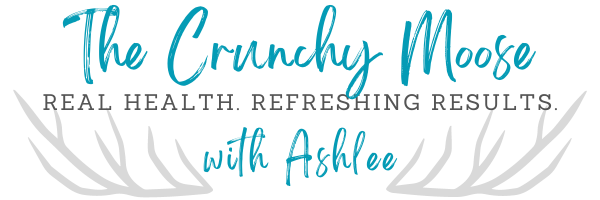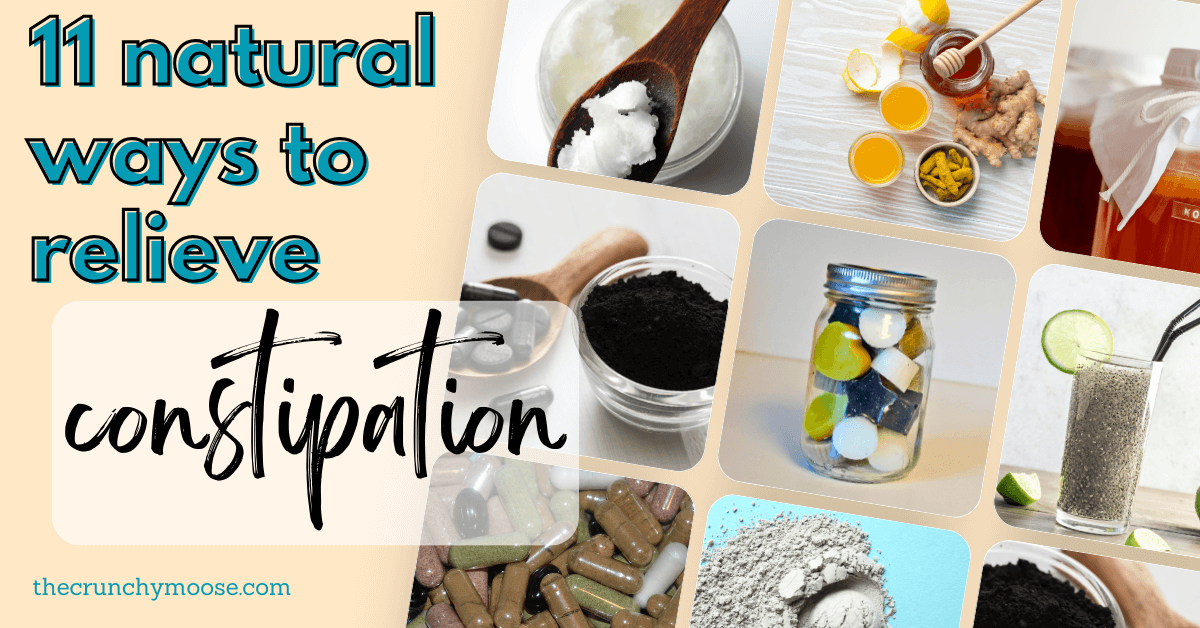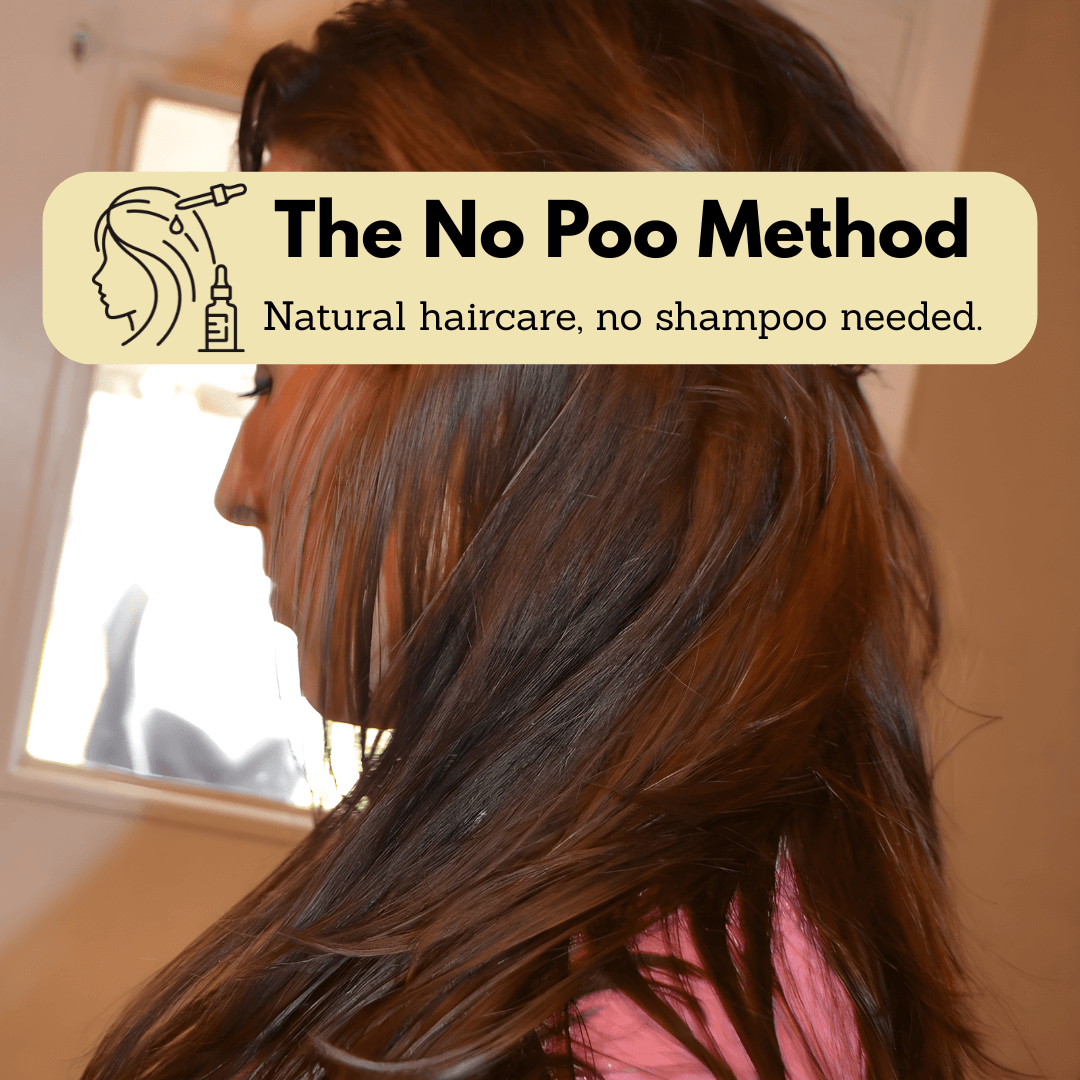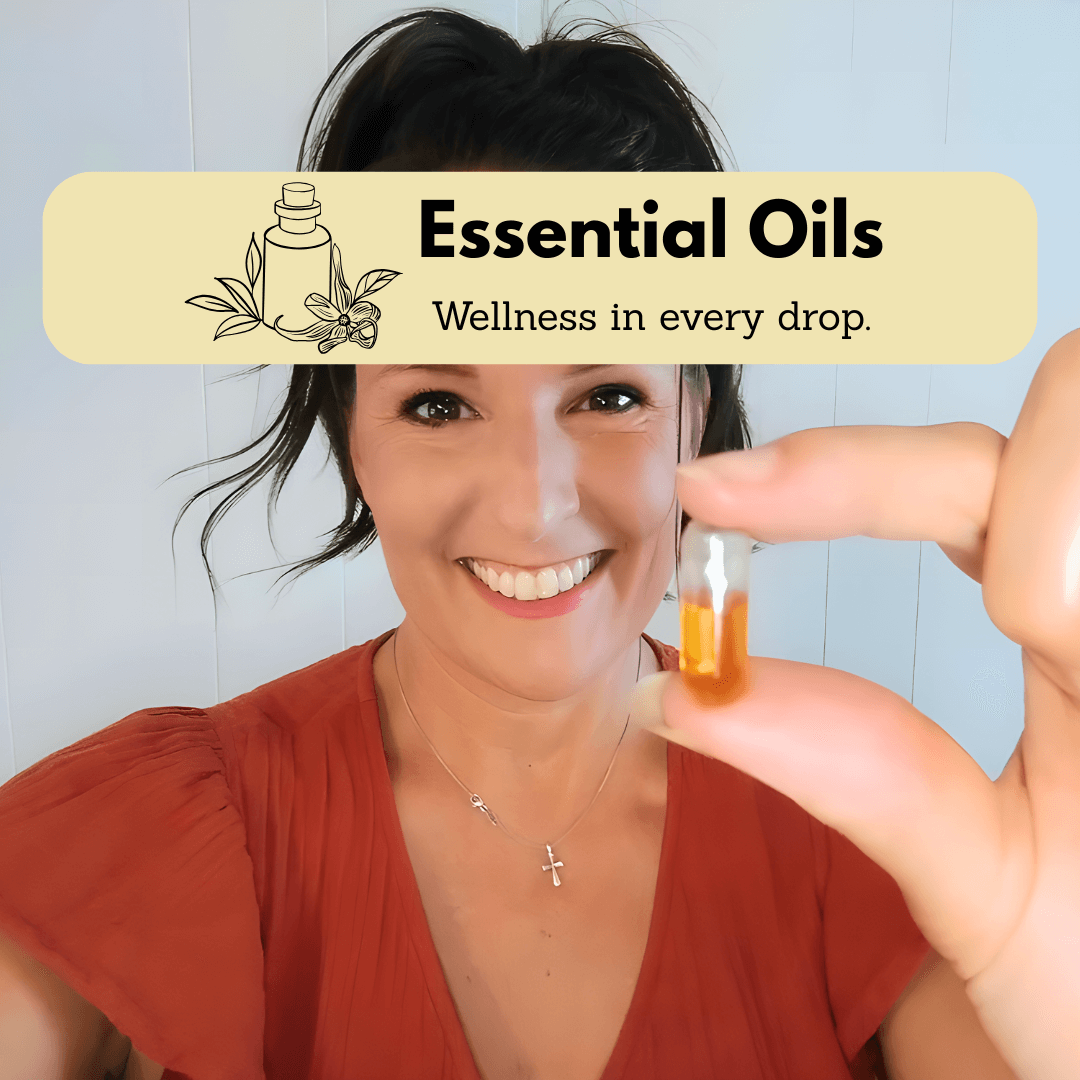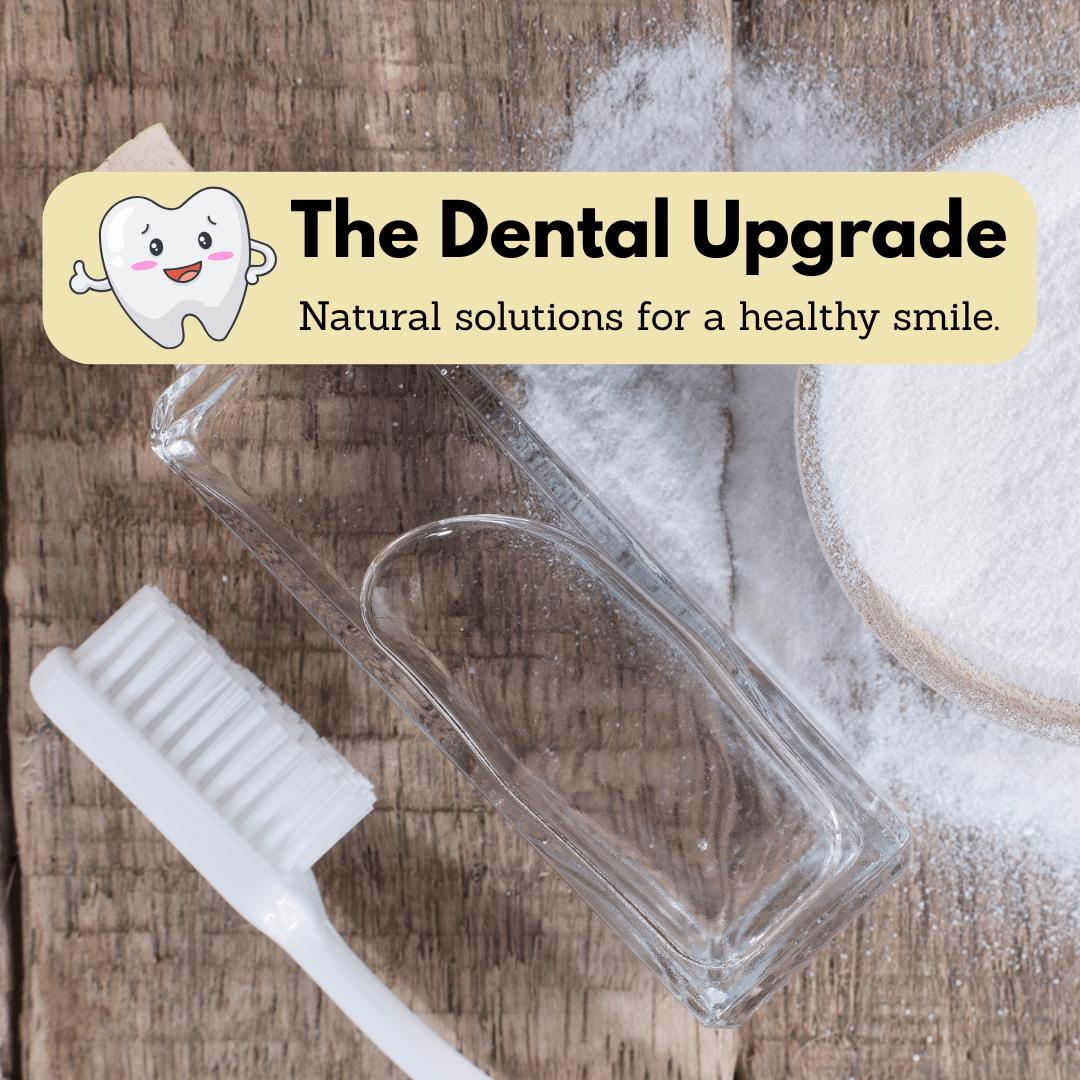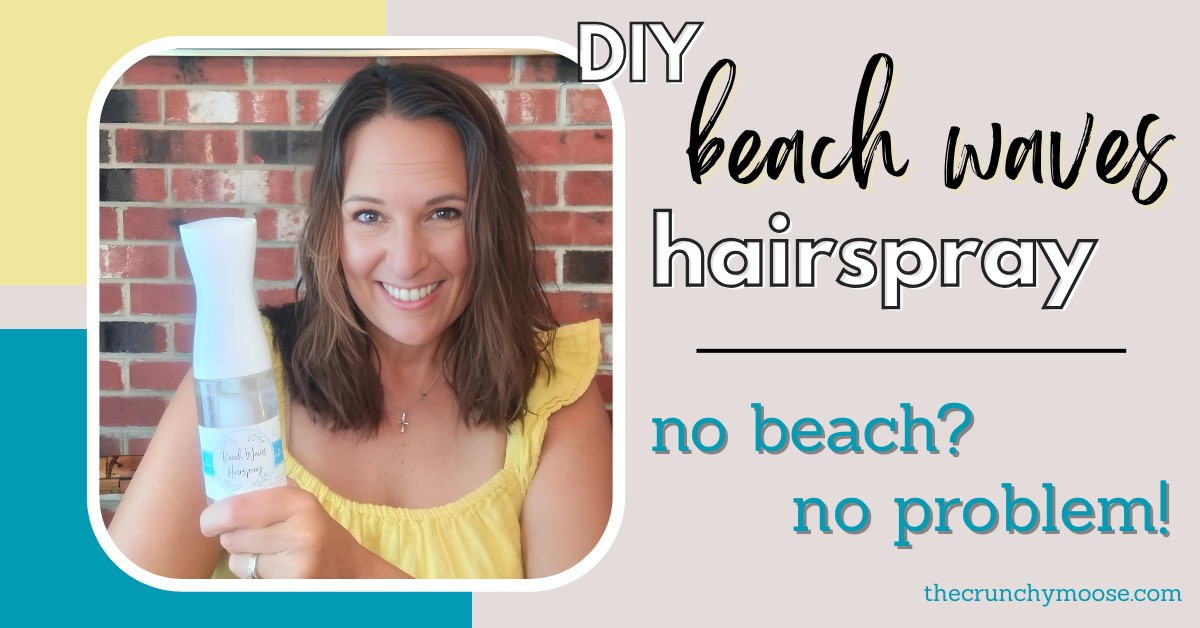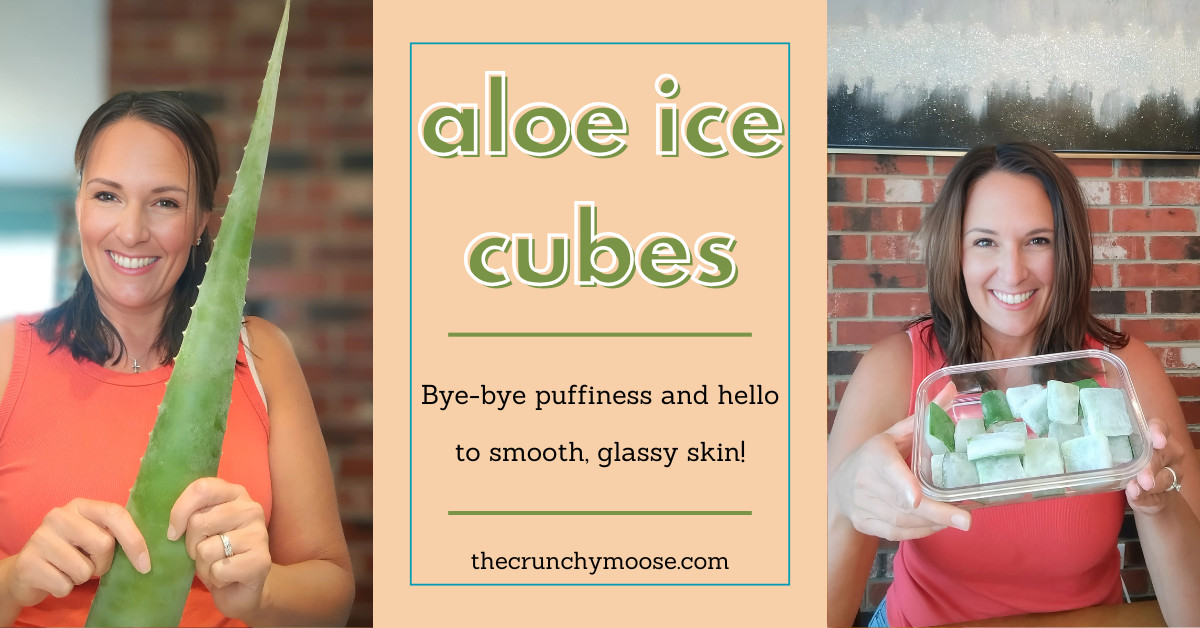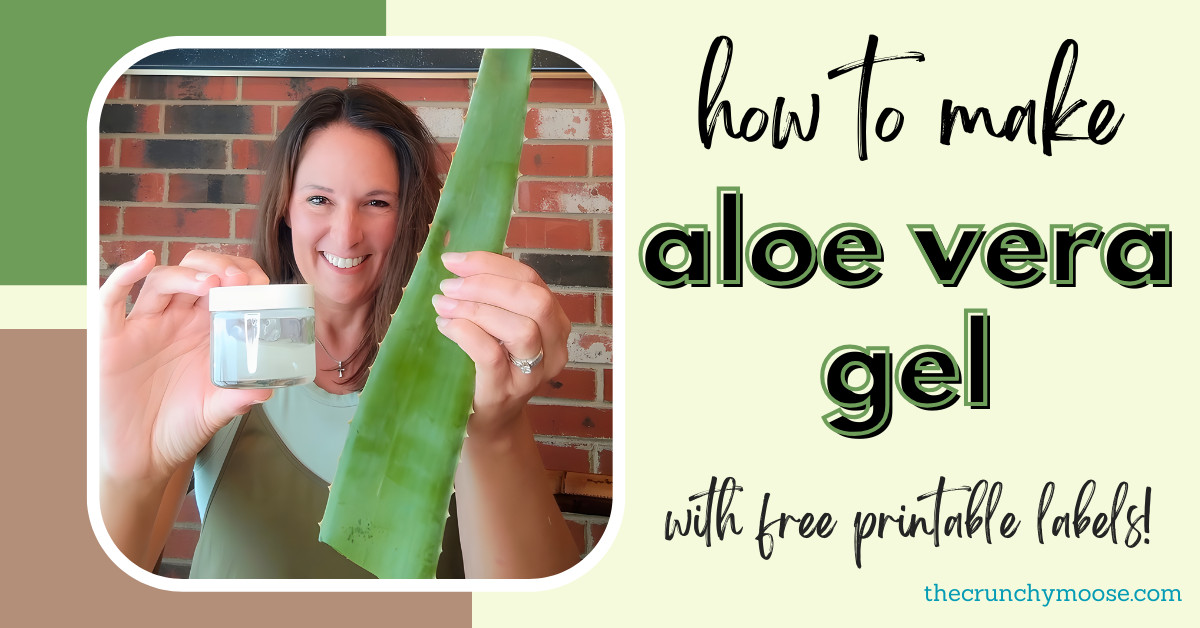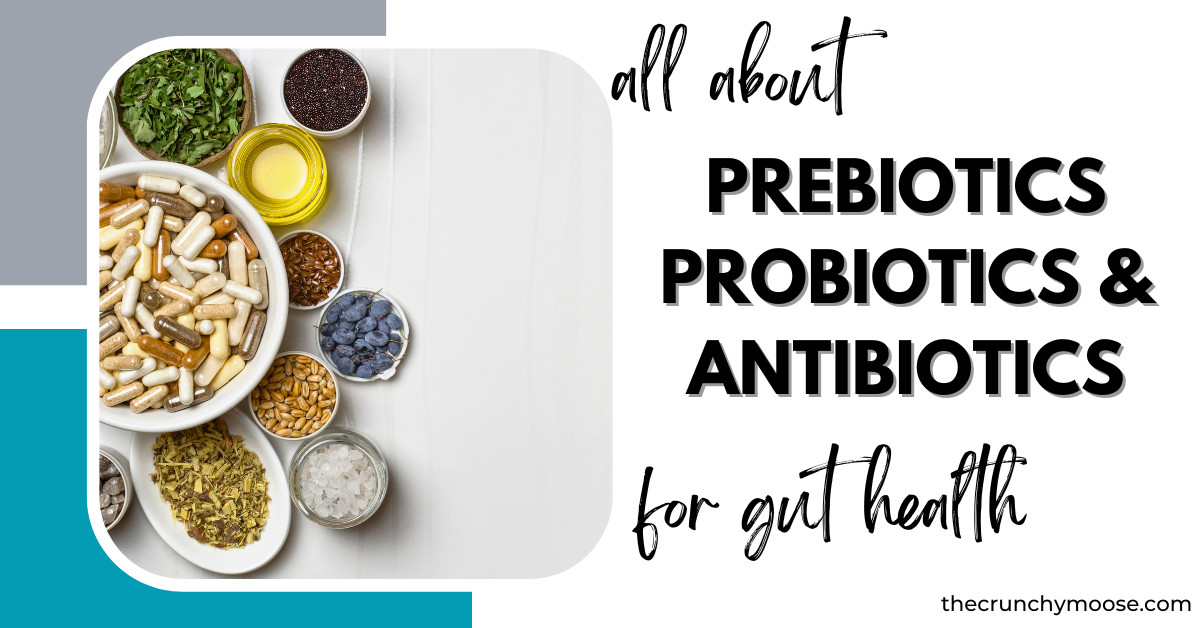
What's the Big Deal About Probiotics??
This was something that took me awhile to figure out when I was first adjusting to holistic & natural living. I kept reading & hearing that I needed to eat, drink, take, and ferment your probiotics. But it's hard to ferment *it* if you don't know what *it* is. So what are probiotics and how do you get them?
What Are Probiotics?
There's good bacteria and bad bacteria. If you have more good bacteria than bad, then the good is winning and helps keep you healthy. Probiotics are the good bacteria. Benefits of probiotics may include:
- May improve gut health & digestion
- May alleviate allergies
- May prevent food poisoning, diarrhea, & kidney stones
- May soothe skin irritations
- May support healthy cholesterol
- May support healthy brain function
Sources of probiotics include:
- Raw milk
- Kefir (similar to yogurt. Learn how to make kefir here. It's super easy!)
- Kombucha (fermented tea. Learn how to make it here.)
- Raw fermented foods like sauerkraut and kimchi (both are fermented cabbage. I like this one and this one.)
- Yogurt
- Miso Soup and Tempeh (fermented soy)
- Sour Pickles (fermented with salt, not with vinegar)
- Supplements (My family takes this one and this one)
Learn how to ferment kefir & kombucha:
 | 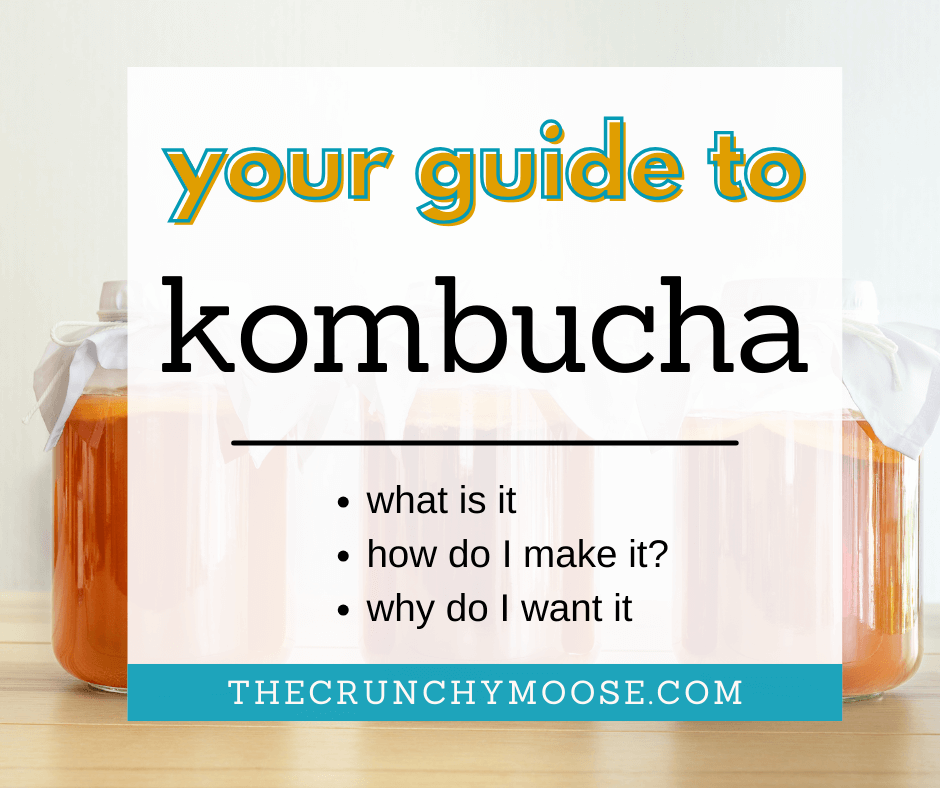 |
What Are Prebiotics
Prebiotics are plant fibers that probiotics eat. You need prebiotics to keep the probiotics alive and healthy in your gut. The probiotics break down the fibers that you cannot process. Handy, huh? Sources of prebiotics include:
- Asparagus
- Garlic
- Onion
- Kiwi
- Jerusalem Artichoke
- Jicama
- Chicory
- Wheat
- Leek
- Banana
- Endive
- Raw Honey
- Raw Maple Syrup
- Supplements (I like this one and this one)
Antibiotics
Antibiotics are very effective at killing the bad bacteria. But.....they also kill the good bacteria (your probiotics). Antibiotics are designed to combat bacteria infections, not viral infections. Unfortunately, they are prescribed for all types of infections. Common viral infections (not bacteria infections) that doctors prescribe antibiotics for (this list is from the Mayo Clinic):
- Cold or runny nose
- Flu (influenza)
- Bronchitis
- Most coughs
- Some ear infections
- Some sinus infections
- Stomach flu
- Whooping cough (pertussis)
Repeated use of antibiotics results in antibiotic resistance. Yep, the antibiotics quit working. The bacteria becomes immune to them. The antibiotics also cause a lot of damage to the good bacteria in your system since it kills those, too. The good bacteria is what keeps you healthy, so if you kill those, your immune system is compromised, allowing bad bacteria to take over, resulting in taking more antibiotics..... It can be a vicious cycle.
Instead of reaching for the antibiotics, try probiotics. Fight the bad bacteria by taking more good bacteria. And when you do opt for antibiotics, it's a good idea to add in more probiotics in your diet and supplements to keep the probiotics alive and well in your gut.
Final Thoughts
My family focuses a lot on gut health to keep us healthy. We are big fans of fermented drinks & foods and probiotics and we avoid antibiotics if we can find alternative ways to heal & support our bodies. Learn more about naturally supporting digestive health and relieve constipation here.
Pin this article to save it for later!
Also check out:
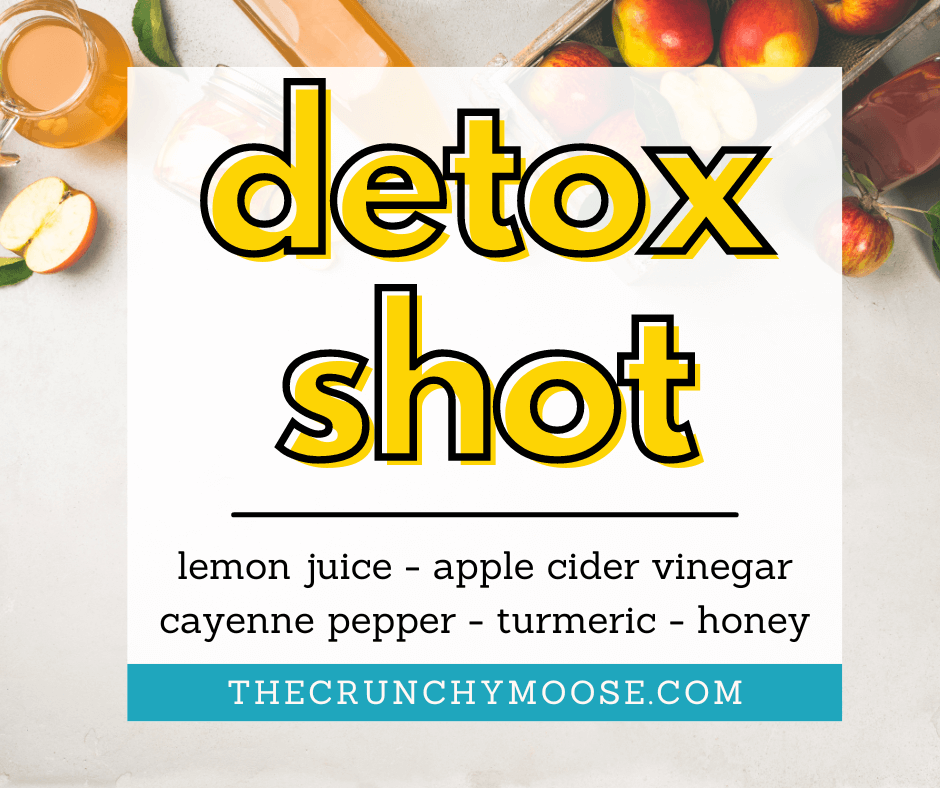 |  | 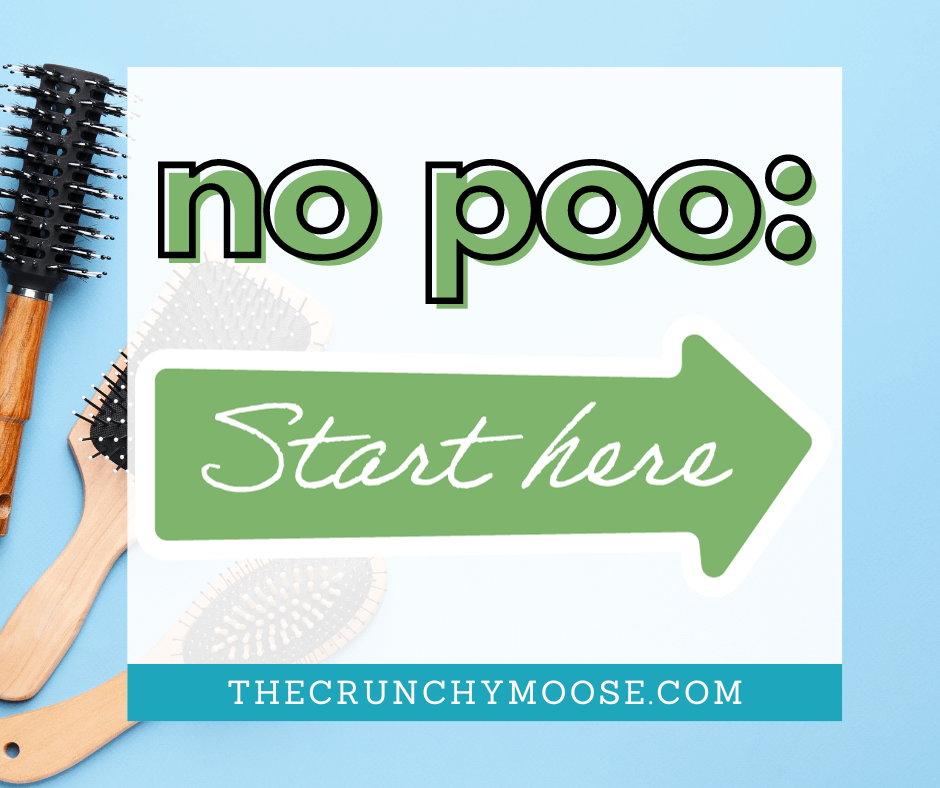 |
 | 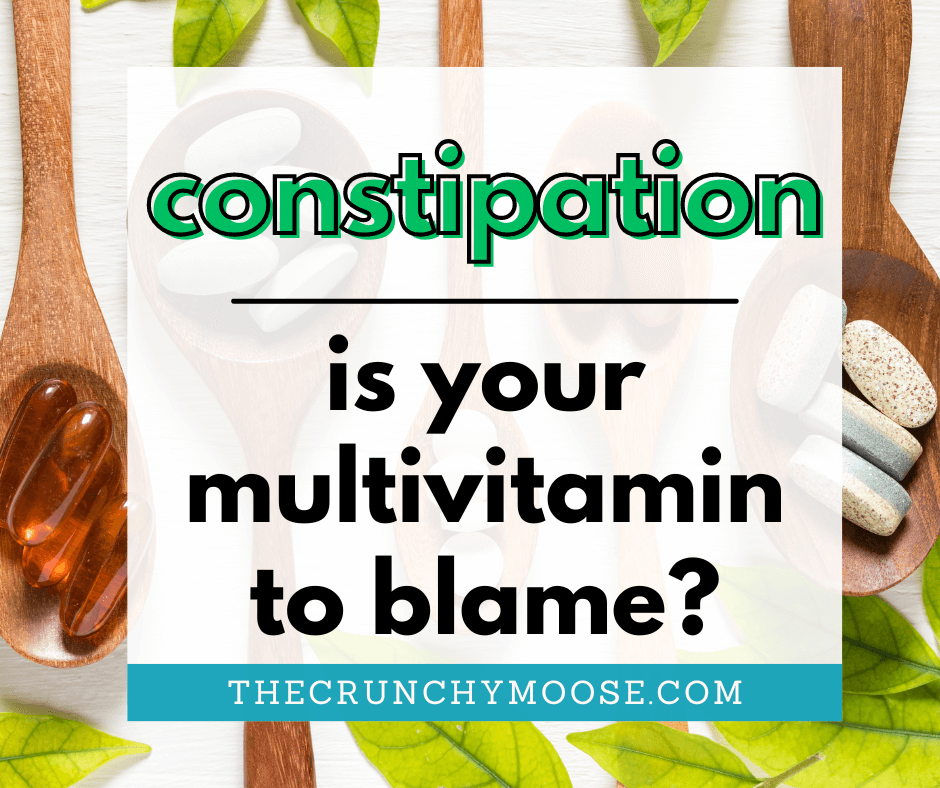 |  |
